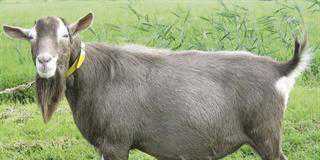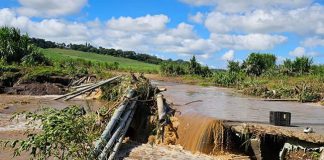The duties, or preliminary payments, were imposed by government’s International Trade Administration Commission (ITAC) in February this year, for a six-month period, on whole chicken and chicken breast imports from Brazil. These duties are in addition to existing tariffs of 5% on whole chickens and 27% on chicken breasts. ITAC imposed the extra duties as a temporary measure while completing an investigation, on behalf of SAPA, into Brazil’s alleged dumping of frozen whole chickens and boneless chicken cuts.
The commission alleges that sufficient proof exists that Brazilian suppliers are dumping their products on the local market.
But the Brazilian Chicken Producers’ and Exporters’ Association (Ubabef) has denied this, saying that while Brazil accounted for 73% of South Africa’s chicken imports, Brazilian chicken represented only 15% of chicken consumed in South Africa. It also claimed that ITAC’s investigation into the alleged dumping did not comply with WTO rules, prompting the Brazilian Ministry of Foreign Relations to lodge a formal consultation request at the WTO against South Africa’s anti-dumping determinations.
Despite the Brazilians’ action, South African chicken producers remain determined to stamp out so-called unfair behaviour. “We think we have enough evidence to demonstrate that Brazilian suppliers are dumping whole chickens and boneless chicken cuts on the local market and we believe ITAC will be vindicated, through the WTO process, for imposing the temporary additional import duties,” said SAPA CEO Kevin Lovell.
According to Lovell, although SAPA did not yet have hard evidence of this, it believed that other Brazilian poultry products, especially chicken leg quarters, were still being dumped despite the measures imposed by ITAC. Meanwhile Rian Geldenhuys, trade lawyer at Trade Law Chambers, cast doubt over whether the ITAC had acted correctly by imposing the temporary measures.
“It’s difficult to say on what exactly the ITAC based its decision to implement the provisional payments. What is worrying is that we’ve seen many South African institutions challenging measures imposed by the ITAC in court recently and there seems to be general suspicion about decisions made by the ITAC,” he said. Geldenhuys added that the WTO process would start with consultations, but if the two countries could not resolve their differences within 60 days, Brazil’s complaint would be referred to a WTO dispute resolution panel.
“If the matter progresses further, it will be the first time that South Africa participates in a WTO dispute. But there is a good likelihood that South Africa will decide to foster trade relations with its BRICS (Brazil, Russia, India and China) partners rather than forcing its hand at the WTO, and it might therefore choose to resolve the matter before it is referred to a WTO dispute resolution panel,” he said.
But if South Africa did choose to participate in a dispute and was found guilty of implementing unfair anti-dumping measures, this could open the floodgates for other countries that were unhappy with South Africa’s import tariffs and anti-dumping regulations, Geldenhuys warned. He said that South Africa was known for its vigorous implementation of trade regulations, having initiated the third-highest number of anti-dumping measures of all countries in the WTO between 2000 and 2005.












